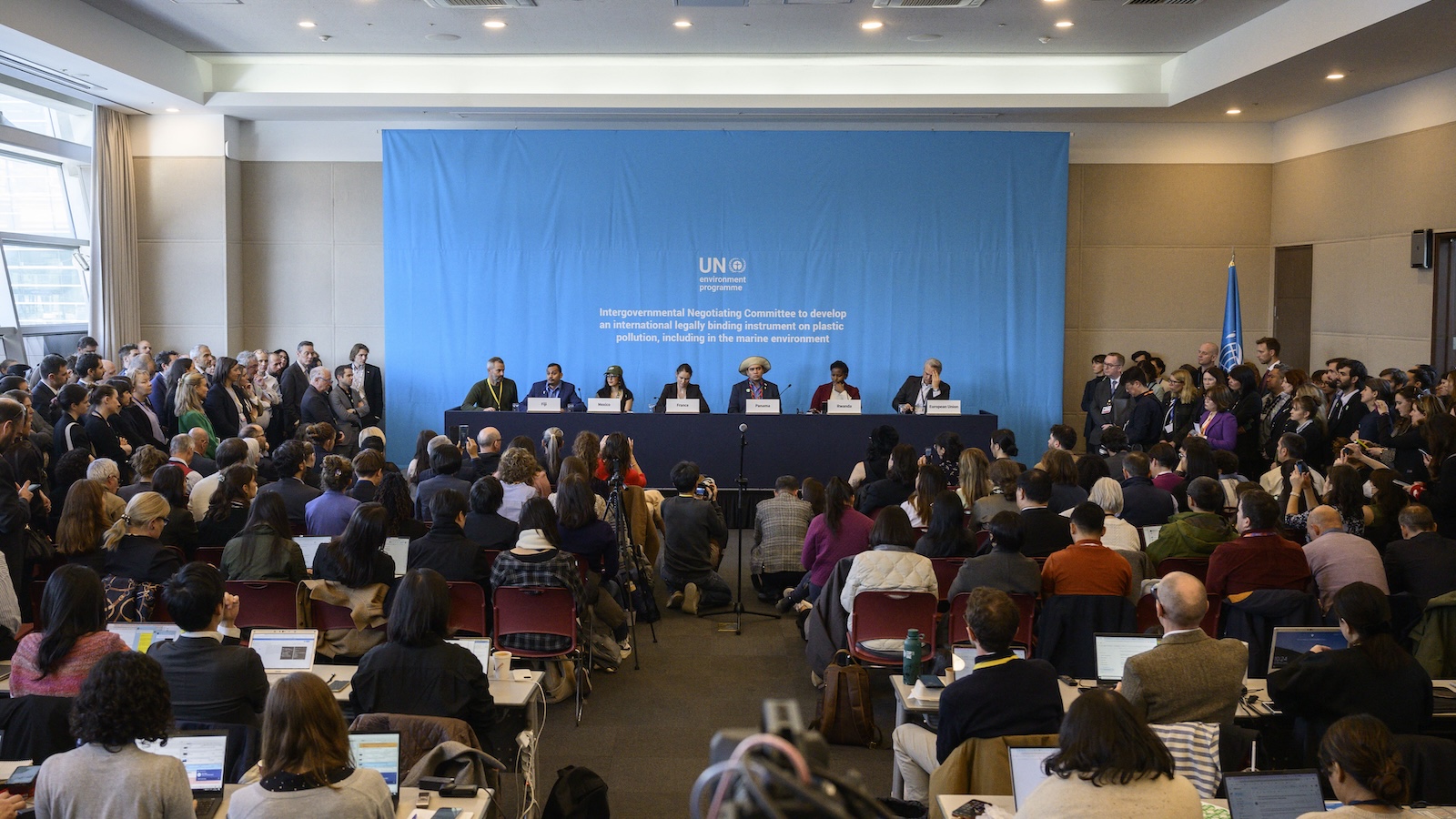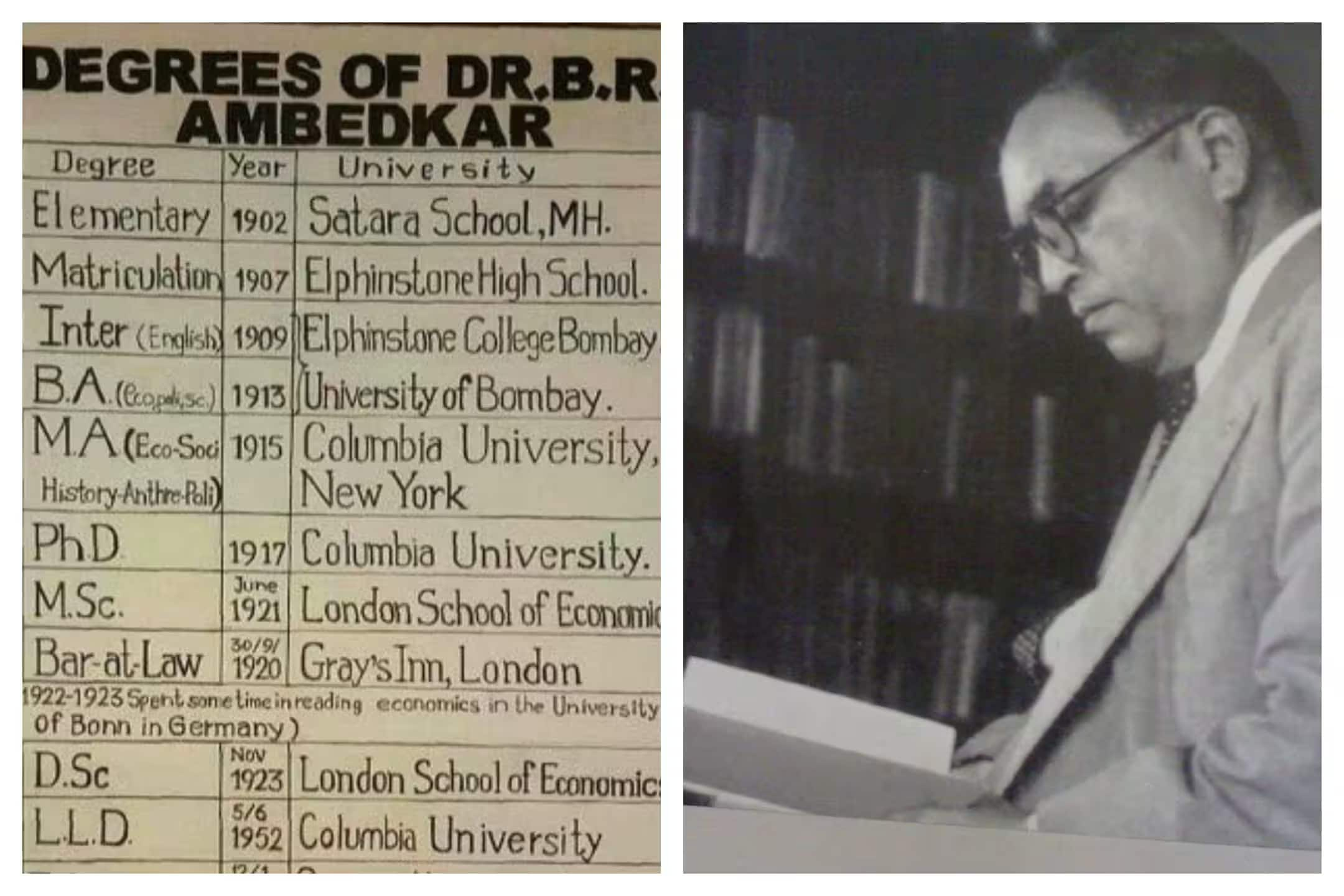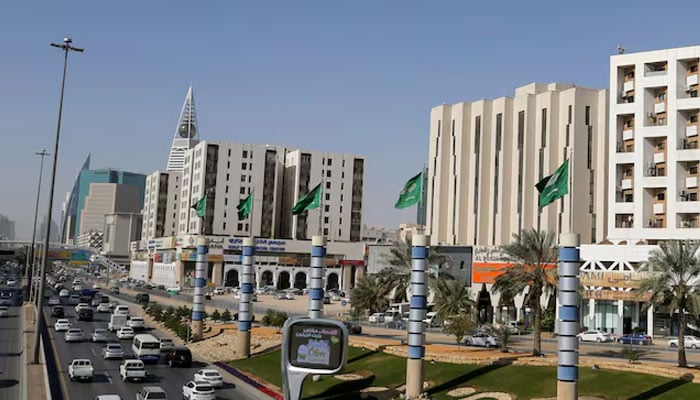
What was supposed to be the final round of United Nations negotiations for a global plastics treaty ended without an agreement on Sunday, as delegates failed to reconcile opposing views on whether to impose a cap on plastic production. Another negotiating session — dubbed INC-5.2 after this week’s INC-5 — will be held in 2025, but it’s unclear how countries will make further progress without a change in the treaty’s consensus-based decision-making process.
As it stands, any delegation can essentially veto a proposal they don’t like, even if they’re opposed by most of the rest of the world. “If it wasn’t for Saudi and Russia we would have reached an agreement here,” one European negotiator told the Financial Times . Those two countries, along with other oil producers like Iran and Kuwait, want the plastics treaty to leave production untouched and focus only on downstream measures: boosting the plastics recycling rate, for example, and cleaning up existing plastic pollution.

Kuwait’s delegation said on Sunday that “we are not here to end plastic itself ...
but plastic pollution.” That’s the position the plastic industry is taking, as well: Chris Jahn, council secretary for a petrochemical industry consortium called the International Council of Chemical Associations, said it’s “crucial” for the treaty to focus on plastic pollution alone. “With 2.
7 billion people globally lacking access to waste collection systems, solutions must prioritize addressing this gap,” he said in a statement . Grist thanks its sponsors. Become one .
To support our nonprofit environmental journalism, please consider disabling your ad-blocker to allow ads on Grist. Here's How Dozens of countries — supported by scientists and environmental groups — say that approach is futile while the plastics industry plans to dramatically increase plastic production. “You can talk about waste management all you want, but this is not the silver bullet,” one of the European Union’s delegates said last week .
“Mopping the floor when the tap is open is useless.” Christina Dixon, oceans campaign leader for the nonprofit Environmental Investigation Agency, attended INC-5 and told Grist the conference made it clear that “consensus isn’t working.” She said countries seem to be recognizing this too, in light of INC-5’s shortcomings and the low probability of finding unanimity on the treaty’s most critical issues.
Last week, one French minister accused a coalition of oil-exporting countries of “ continuing obstruction .” Fiji’s negotiator said a “very minority group” was “blocking the process,” and at a press conference over the weekend told delegations holding back the treaty to “ please get out .” Technically, the treaty could move forward without Saudi Arabia, Russia, and their allies, either continuing under the U.
N. framework or — a more radical scenario — in a new forum led by a breakaway alliance of countries. The latter is unlikely given the time and energy countries have invested in the U.
N. system, and because they still value the baseline mandate they agreed to two years ago: to “end plastic pollution” by addressing the “full life cycle of plastics.” But a smaller group of signatories could still make a global impact by using import tariffs and other trade policies to indirectly influence plastic production in non-signatory nations.
Grist thanks its sponsors. Become one . To support our nonprofit environmental journalism, please consider disabling your ad-blocker to allow ads on Grist.
Here's How It’s more likely that delegations will arrive at INC-5.2 with proposals to change to a voting-based decision-making system. Senegal’s delegate, Cheikh Ndiaye Sylla, said it was a “ big mistake ” not to do this from the outset.
The reason voting wasn’t discussed at INC-5 is because the topic tanked an entire week of negotiations last year. “The process is broken, hobbling along while production of plastics and their toxic chemicals is escalating,” said Pam Miller, co-chair of the nonprofit International Pollutants Elimination Network, who attended the talks. During the closing plenary on Sunday, several delegates alluded to these procedural problems.
One of Fiji’s negotiators also lamented access issues , including rules that prevented civil society from observing two full days of negotiations during the latter half of INC-5. “While this is a member state-driven process, true multilateralism demands balanced, equitable participation to ensure this treaty works for all,” he said. Frankie Orona, executive director of the nonprofit Society of Native Nations, which advocates for environmental justice and the preservation of Indigenous cultures, also objected to the draft treaty for insufficiently recognizing the rights of Indigenous peoples.
More broadly, he criticized the treaty process for dragging on for two-and-a-half years while the impacts of plastic production and pollution on frontline communities continue. “We were now having conversations at INC-5 that we should’ve been having at INC-1,” he said. “Thousands of people are still going to be impacted .
.. while [delegates] are sitting here figuring out how we can have a vote.
” Despite their frustrations, several delegates said it was useful that the meeting in Busan rallied support around a plastic production cap, along with related proposals to ban certain types of plastic and plastic-related chemicals. Many of their statements were charged with an escalated sense of urgency, including when Panama’s negotiator, Juan Carlos Monterrey Gómez, described the treaty as a “ fight for survival .” “Plastics, for Panama, are a weapon of mass destruction,” he said .
“Every piece that we allow to be produced without limits is a direct assault on our health, on our nature, and on our children. For those blocking progress, you are allowing this crisis to fester, and it will kill us.” By the conference’s closing plenary, nearly 100 countries had signed onto a statement saying they would not accept a treaty unless it included binding global phaseouts for plastic products and so-called “chemicals of concern.
” Mexico’s delegate spent two minutes reading a list of these signatories. And later, nearly all countries stood when Rwanda’s lead negotiator asked them to symbolically show their support for “ ambition ” in the treaty. According to the Earth Negotiations Bulletin, a nonprofit reporting service, an EU delegate shared that “we are not leaving Busan discouraged.
” Still, there remains a huge amount of work for INC-5.2, to be held at a to-be-determined date and place. Delegates — including those from the oil-producing states — have agreed to base their discussions on a new draft paper prepared by the chair of INC-5, Luis Vayas Valdivieso.
A message from Grist is the only award-winning newsroom focused on exploring equitable solutions to climate change. It’s vital reporting made entirely possible by loyal readers like you. At Grist, we don’t believe in paywalls.
Instead, we rely on our readers to pitch in what they can so that we can continue bringing you our solution-based climate news. Donate now and your gift will be TRIPLED. Join us as a $25/month donor or make a $300 one-time gift, and we’ll send you a limited-edition gift bundle as a token of our gratitude.
It’s our way of saying thanks for supporting our work. Grist is the only award-winning newsroom focused on exploring equitable solutions to climate change. It’s vital reporting made entirely possible by loyal readers like you.
At Grist, we don’t believe in paywalls. Instead, we rely on our readers to pitch in what they can so that we can continue bringing you our solution-based climate news. Donate now and your gift will be TRIPLED!.










